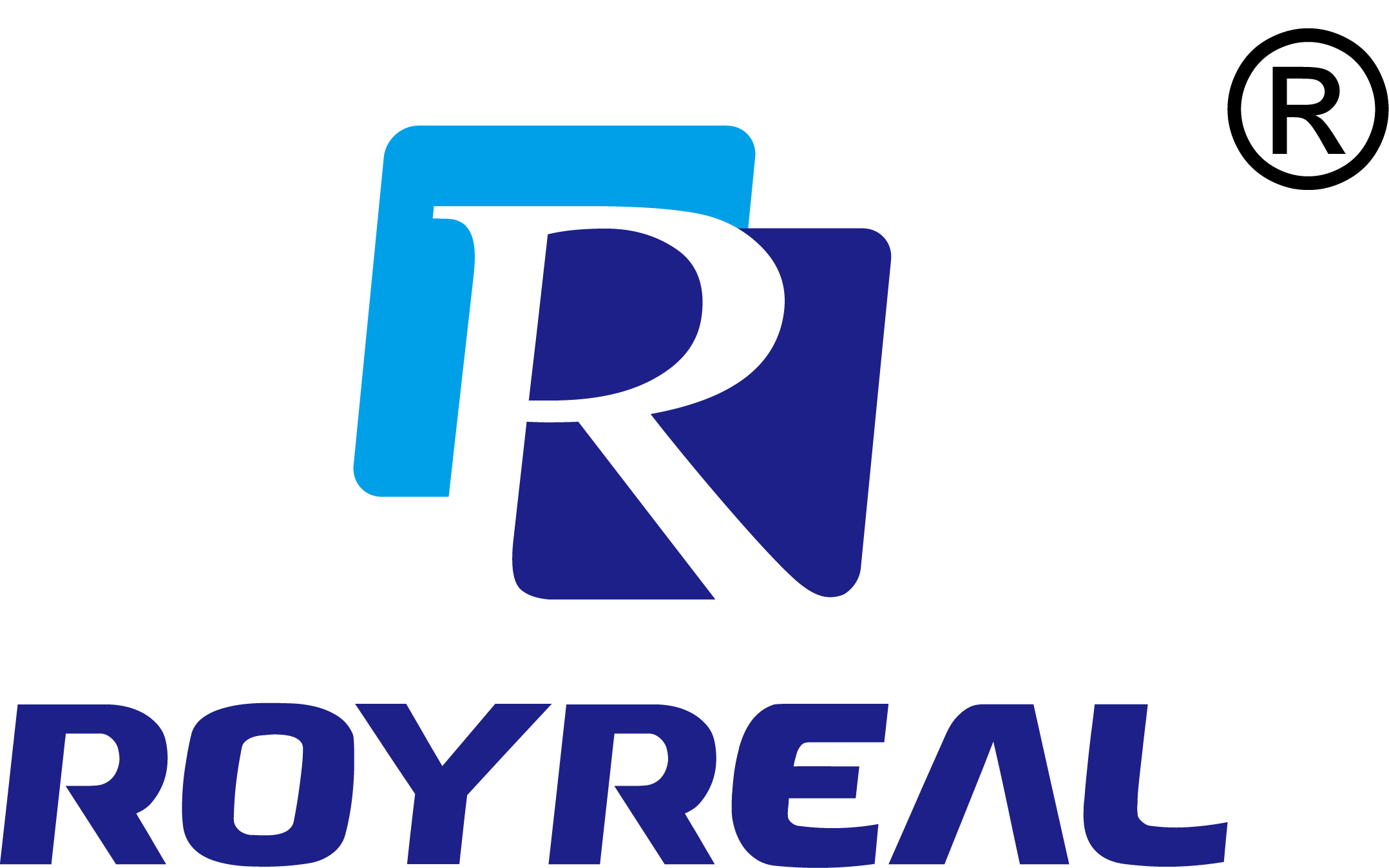Wet Gas Meter Calibration: A Comprehensive Guide for Instrumentation Professionals
Category: Industry News
Time:2024-12-09
Introduction:
Wet gas meter calibration plays a crucial role in the calibration and validation of instrumentation devices, especially in the field of metering wet gas. As professionals in the instrumentation industry, understanding the process and significance of wet gas meter calibration is essential for accurate measurements and efficiency in various applications. This comprehensive guide provides insights into wet gas meter calibration, ensuring a clear understanding of its importance and intricacies.
1. Importance of Wet Gas Meter Calibration:
Accurate measurement of wet gas flow rates is critical in industries such as oil and gas, where the presence of liquids in the gas stream can significantly affect the readings. Wet gas meter calibration ensures the reliability and integrity of flow measurement systems, enabling precise data for billing, custody transfer, and process optimization. It minimizes errors, enhances operational efficiency, and maintains compliance with industry standards.
2. Wet Gas Meter Calibration Process:
The calibration process involves various steps to ensure accurate measurements in wet gas metering systems. It typically includes the following:
a. Meter Inspection: Thoroughly examining the wet gas meter for any physical damages or abnormalities.
b. Verification of Meter Performance: Ensuring the meter's functionality and performance meet the required standards.
c. Flow Measurement Testing: Conducting flow tests under controlled conditions to determine the meter's accuracy and reliability.
d. Correction Factors Determination: Calculating correction factors to compensate for the presence of liquids in the gas stream.
e. Calibration Certificate Issuance: Providing a calibration certificate that validates the meter's accuracy and compliance with industry standards.
3. Benefits of Wet Gas Meter Calibration:
Accurate wet gas meter calibration offers several benefits for instrumentation professionals, including:
a. Enhanced Measurement Accuracy: Calibration eliminates errors caused by the presence of liquids, ensuring precise flow rate measurements.
b. Improved Process Efficiency: Reliable and accurate data enables efficient process optimization and reduced operational costs.
c. Compliance with Industry Standards: Calibration ensures adherence to regulatory requirements and industry standards.
d. Increased Equipment Lifespan: Regular calibration helps identify and address issues early, preventing potential equipment failures and extending its lifespan.
e. Cost Savings: Accurate measurements minimize discrepancies and disputes, leading to fair billing and custody transfer transactions.
Conclusion:
Wet gas meter calibration is a fundamental aspect of ensuring accurate measurements in wet gas metering systems. As professionals in the instrumentation industry, understanding its significance, process, and benefits is crucial for achieving reliable data and optimizing processes. By adhering to proper wet gas meter calibration practices, professionals can enhance measurement accuracy, comply with industry standards, and ultimately improve operational efficiency.
Keywords:
 EN
EN RU
RU SP
SP
